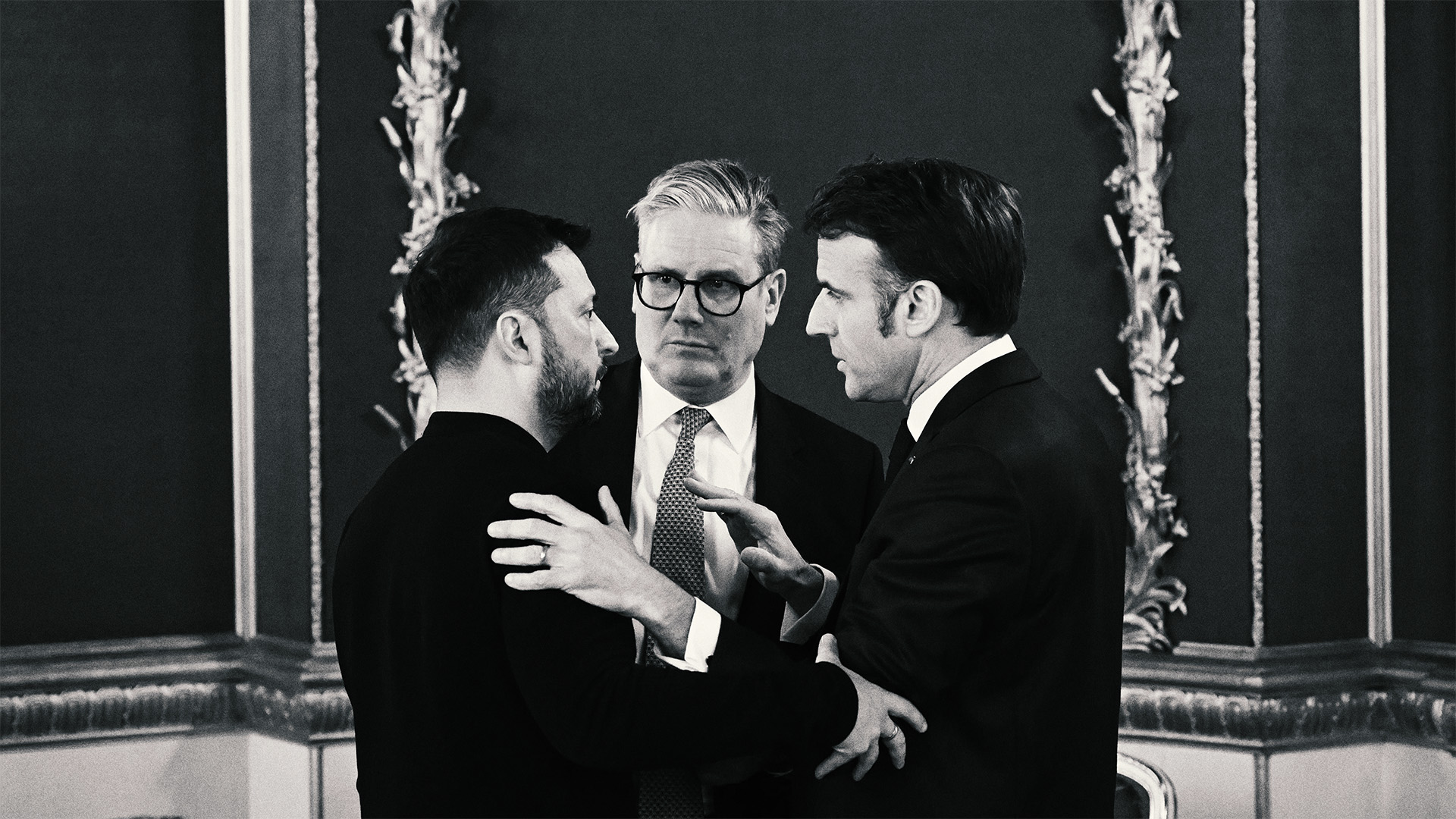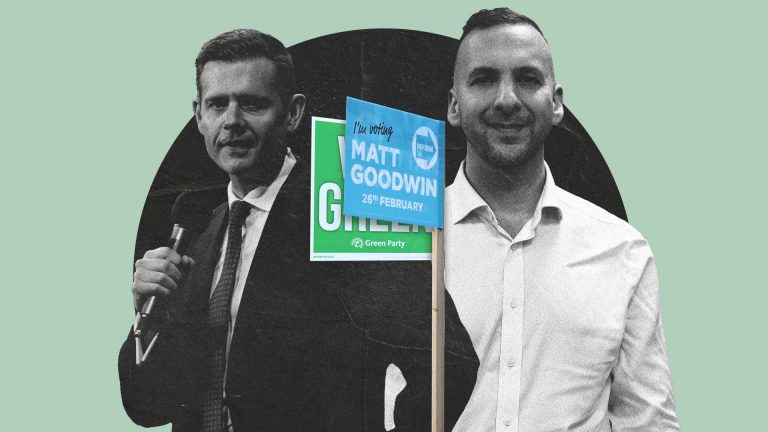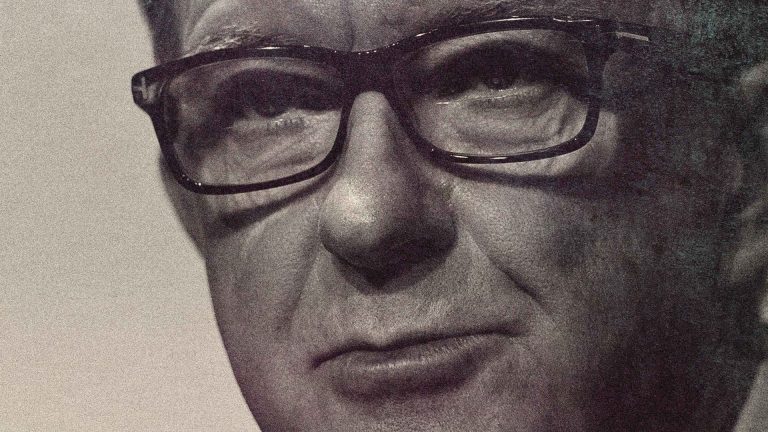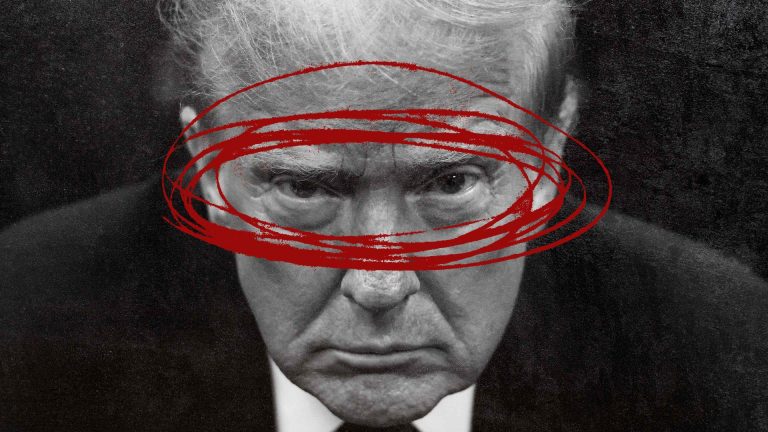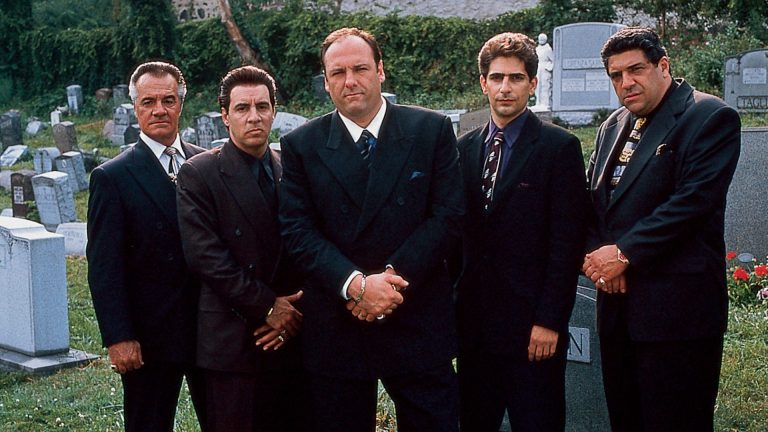With his personal ratings tanking and his government now more unpopular than the Conservatives were at the last general election, Keir Starmer appears to have not got much right in what looks like a cursed 13 months in power.
Whisper it softly though, but in that time, a beleaguered prime minister may have found the answer to one of the most complicated questions facing Britain in the post-Brexit era: outside of the European Union, what is our role in the world?
For all Starmer’s problems at home, he has managed to become a respected figure on the world stage, whether that’s by taking a leading position on building the so-called ‘coalition of the willing’ for Ukraine or his more recent role in navigating some kind of long-overdue Western response to the crisis in Gaza. His global success is in no small part due to the genuinely collaborative relationships he has managed to build with fellow world leaders and international institutions.
The most obvious place to start is Starmer’s surprising friendship with Donald Trump. While plenty of Starmer’s critics in Britain assert that the PM has somehow got in with the US president by being subservient, people in and around Trump World say that the relationship is a sincere partnership of equals, with Trump actually respecting Starmer’s leadership and intellect.
A British friend of Trump, who is certainly not a fan of Starmer or Labour, and happened to be at Turnberry at Trump’s invitation, explains: “Starmer is no pushover and that actually goes down well with Trump. Trump isn’t the bulldozer people think he is, he actually does like to sit down and listen to what people have to say, especially if he thinks they are thoughtful and intelligent – which he clearly thinks of Keir.”
A Republican source, also close to Trump, says that Starmer has managed to find a way of “sharing values with Trump, even if they have different opinions.” In other words, when Starmer and Trump talk about the great issues facing the world, they often share the same objectives, even if they differ on how to get there.
If we look at the two biggest challenges facing the Western alliance, Ukraine and the Israel-Hamas war, it is possible to see how Starmer and Trump have found pragmatic ways to walk at a different pace but in the same direction.
Britain’s conditional recognition of a Palestinian state was not, as many predicted, met with a ferocious slapdown from the White House, but rather mixed messaging that didn’t amount to a serious rebuke. Yes, Trump has said that it is “rewarding Hamas” but also said he doesn’t mind Starmer taking a position.
It is arguably more important that Trump broke with the Israeli position that there is no starvation in Gaza. Sources close to the president acknowledge that it is one of the hardest international questions for any US leader.
“It ultimately serves Trump’s interest for there to be pressure on Israel that comes from someone other than the US,” says a friend of the president. “He knows that Britain and France historically have an important role in the region, so pressure from those two relative diplomatic heavyweights gives him cover to push the Israelis harder, as he can let Netanyahu see the others as the bad guys.”
This idea of Europeans working in concert with America while taking different positions has already been somewhat successful in Ukraine.
Suggested Reading
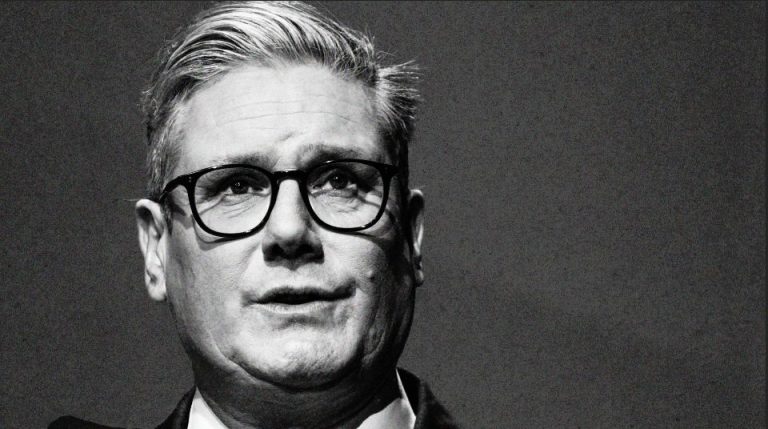

This is Starmer’s worst mistake so far
“Starmer has done a lot of what Trump wants to see allies doing, like spending more on defence and taking a more prominent role in Ukraine,” says the Republican source. “From our perspective, he has also led a lot of the European efforts that have laid the ground for Trump to work collaboratively with allies. Europeans buying American weapons for Ukraine is the best example of this. Trump wants to see his allies doing their bit when it comes to meeting a common objective, in this case ending a war.”
NATO officials privately accept that the most recent moves from America regarding NATO and Ukraine could not have happened without Starmer. “Trump likes Starmer and the UK is helping to manage the NATO-Trump relationship. This goes beyond Starmer: the UK has a very good diplomacy, including military diplomacy,” says a senior NATO official.
Of course, Trump is not the only person Starmer has needed to smooth relations with. Since becoming prime minister, he has partially repaired the bond between Britain, the EU and, critically, France – whose president, Emmanuel Macron, had been resistant to allowing the UK back into the wider European community
“What Starmer has successfully done is get Macron to bring Britain back into the European fold in areas where it makes sense. Militarily and diplomatically, Europe has in some ways gone back to the old Franco-British axis of pre-2016,” says a former Macron campaign staffer.
That, sources in DC, London, Brussels and Paris say, has created a situation where Starmer’s friendship with Trump means he can handle the US side of the transatlantic alliance, while Macron manages the Europeans. It allows the Europeans to take their own position on some of the biggest geopolitical issues, but to have a real non-EU bridge to the White House via Starmer.
This was always the role that Britain had wanted to play post-Brexit, but that successive leaders since 2016 had failed to fill. It is an extremely delicate role that requires being a buffer between two global powers without getting squashed. And Starmer is currently managing that quite well.
There is a downside to this. One of the reasons Starmer has been able to pull off this middle-man position is because he isn’t a conviction politician. So while he may be admired across the Channel and the Atlantic, to a domestic audience, he can look like a meek people-pleaser.
Critics on his left say that he is chumming up to Trump and not moving fast enough to condemn Israel, with little concession for the reality that if the UK were to move much further than this it would risk becoming an irrelevant voice, unable to steer any kind of collaborative progress.
The Brexiteer right, meanwhile, is furious every time Starmer dares to say anything friendly about either the EU or France. They don’t give much credit to Starmer for doing what so many Tory leaders failed and getting a trade agreement with America.
Suggested Reading
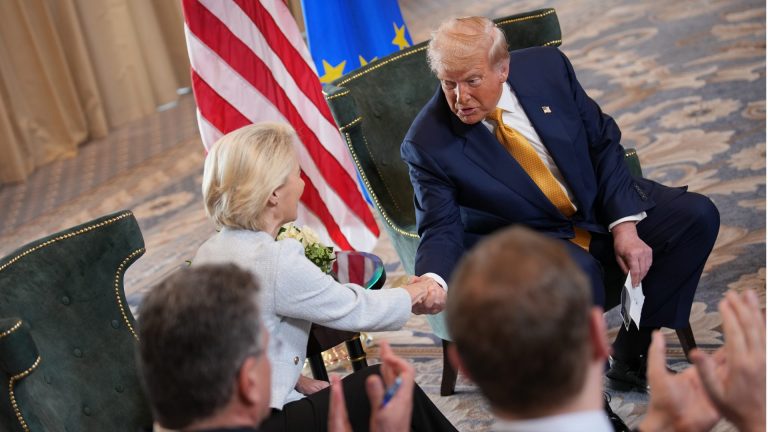

The EU was right to let Trump start a trade war with himself
Perhaps worst of all, the moderate centre, which should be Starmer’s happy place, is growing increasingly disaffected with his refusal to seek even closer partnership with the EU – at the most extreme ends with a view to rejoining the bloc.
Starmer deserves praise for what he has achieved on the world stage in the past year. Much of what he has done was beyond the reach of his predecessors.
But with Britain and the wider world currently in a volatile mood, it is perhaps Starmer’s worst stroke of luck that he is in power at the worst possible time for a thoughtful, non-conviction centrist.

